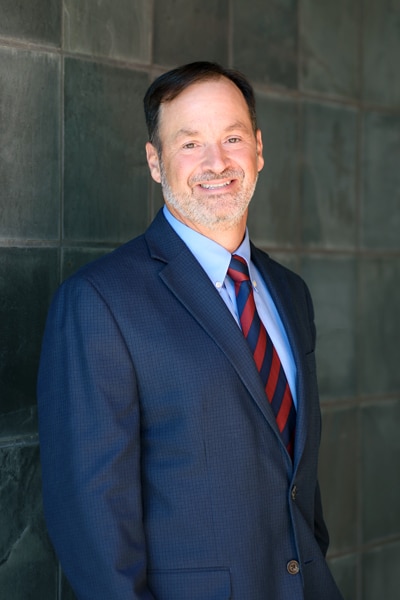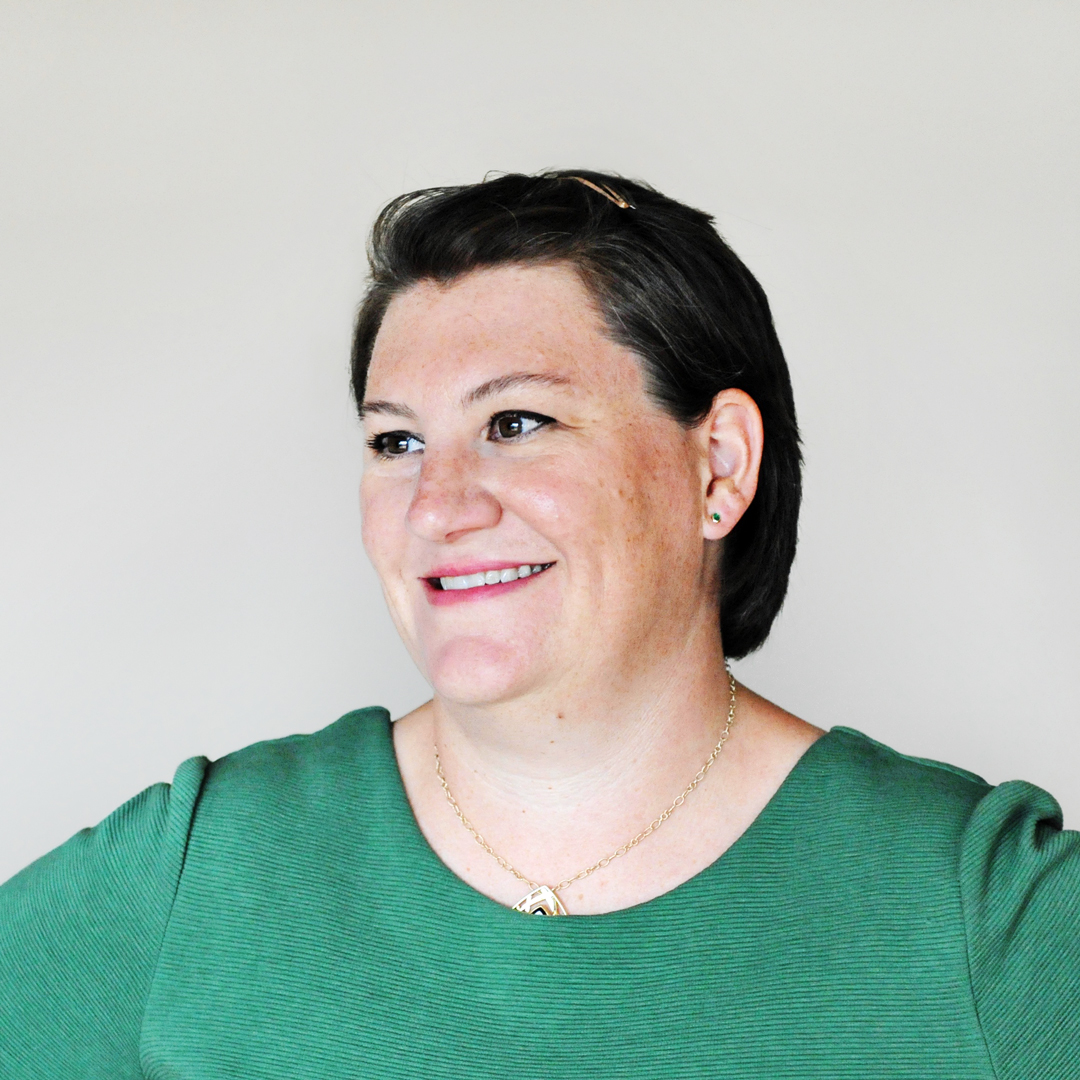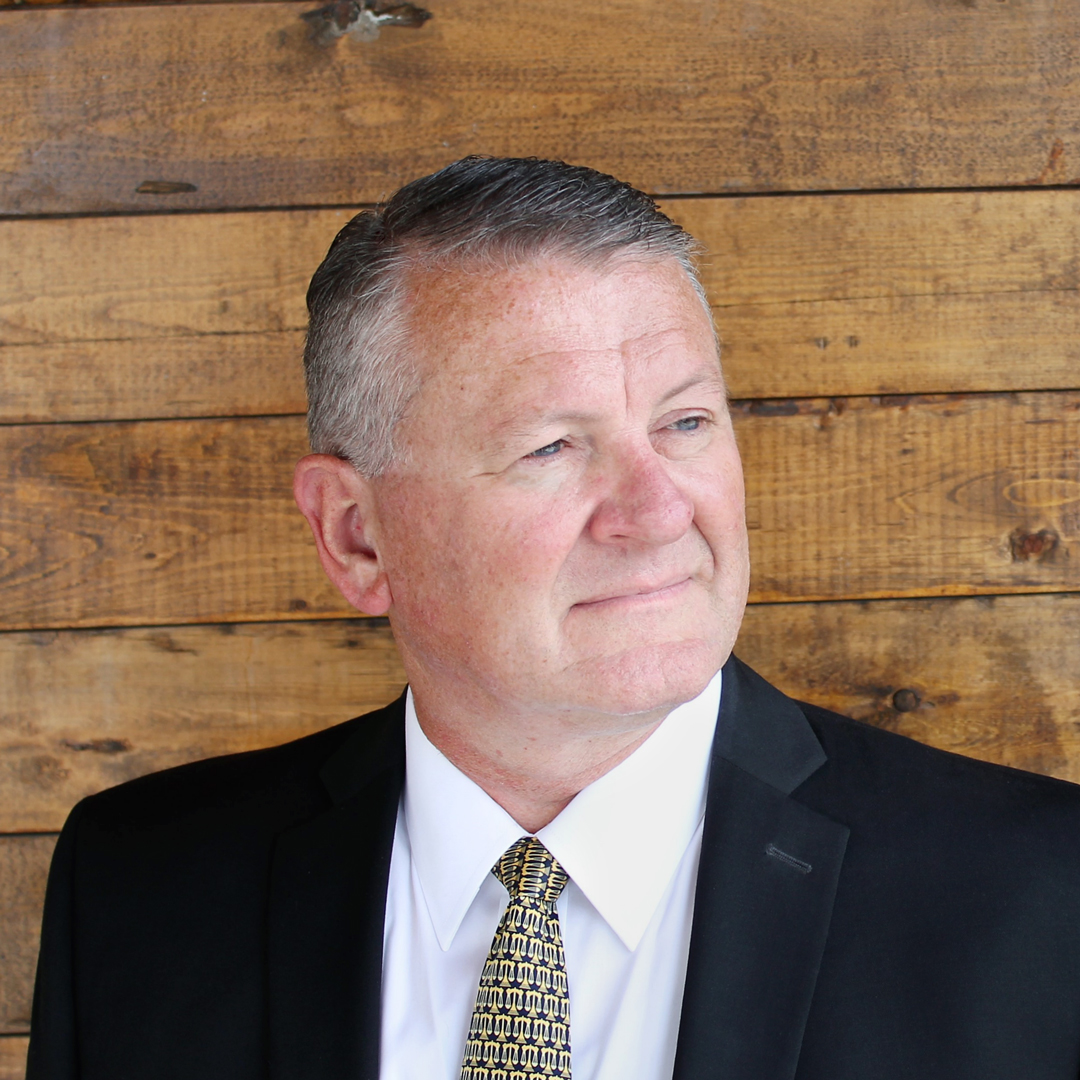|
Getting your Trinity Audio player ready...
|
Like most young men, Joe Agusta looked up to his father. As a boy, he watched his dad—an MIT graduate with a PhD—work on high-profile teams at IBM. The elder Agusta stacked up engineering accomplishments including inventing the technology for the first 16-bit solid-state memory chip and culminating in becoming an IEEE fellow.

Agusta followed in his father’s footsteps. He earned a degree in electrical engineering, completed a master’s degree, worked at Bellcore, and then continued his career at IBM.
But a few years into his job, Agusta learned something new about his father. The accomplished and respected inventor wasn’t entirely happy with how the final years of his working life had played out. While he approached retirement after a long and distinguished career at IBM, some of his peers were thriving in new careers.
The conversation compelled Agusta to reevaluate his own situation. The year was 1994, and although Agusta was designing and developing telephony and voice response software, he saw the industry changing. Many big companies were starting to outsource software development to low-cost providers in India.
The more he thought, the more he heard his dad’s voice in his head. He remembered stories of engineers who flourished in other fields. One had become a patent attorney. Agusta began to ponder his situation more and more. Soon, he was enrolled in night classes at the North Carolina Central University School of Law.
Agusta didn’t set out to reinvent himself overnight. Instead, he planned to make a careful and calculated transition. “New patent attorneys are a cost to a law firm, and corporations don’t generally hire lawyers without proven experience,” he says.
“Innovation fuels technical advancements and expands business ecosystems.”
Armed with enough passion to overcome the initial obstacles, Agusta made a change. He took a managerial position at a tech start-up, where he enjoyed a dynamic environment and the freedom to make influential decisions. Two years later, the infamous dot-com bust hit and became the triggering event that sent Agusta fully onto his new career path.
Agusta joined a small patent boutique, honed his prosecution skills, deepened his expertise in patent law, and eventually went in-house with Qualcomm in 2006. Now, as senior patent counsel, he leads a team of attorneys who work with external firms to create and manage a complex portfolio of domestic and international patents for the multinational wireless communications company.
Although Agusta left the world of a practicing electrical engineer, his scientific background helps him collaborate with Qualcomm’s high-tech teams. “Successful collaboration between lawyers and engineers results in better IP protection,” he says. “If you don’t understand the technology disclosed by an inventor, the technology will be a smoke screen to understanding the varied legal issues involved in creating and deploying a resulting patent.”
That belief is so strong that it has impacted the structure of Agusta’s organization. Qualcomm was among the first companies to have dedicated engineers working in its IP division. Those engineers provide critical feedback. They understand products, industry trends, and forecasts. They can evaluate whether an invention is a short- or a long-term play. They review disclosures and granted patents, and they know how products and services will be used into the future. This important strategy has helped Qualcomm assert and defend patents in worldwide litigation.
In 2019, Agusta implemented a regional team program that he says will help Qualcomm have even more success in defending its IP portfolio. Instead of relying fully on outside counsel, Qualcomm now has in-house counsel embedded in key jurisdictions like China, Europe, and India.
“5G networks are cutting-edge today, but our engineers have been working on 5G innovation for more than a decade.”
Those lawyers, who are skilled in regional laws and practices, leverage their knowledge along with our internal strategy to enhance Qualcomm’s portfolio in their respective region. Each case goes through a substantive quality program designed to provide actionable feedback and improve future outcomes.
One US statute that has Agusta’s eye is Section 101, the patent eligibility statute, that has evolved through the judicial system and has been conflated with other separate and unique patent statutes. As lawmakers propose changes, Agusta wants to make sure that the patent system continues to harness the US’s innovative spirit.
“Innovation fuels technical advancements and expands business ecosystems. Section 101 should not be interpreted to restrict innovation but rather allow other patent statutes to do their jobs,” he says, adding that he hopes Congress will rewrite Sec. 101 to do just that and continue the momentum of strengthening the US’s patent system.
Although Sec. 101 per se has not been an issue with respect to Qualcomm’s patents, a strong US patent system is of critical importance to Agusta because Qualcomm funds its own research through proceeds generated by its licensing program. “5G networks are cutting-edge today, but our engineers have been working on 5G technology for more than a decade,” he explains. “We need a strong patent system so we can continue to fund long-term research and development and expand the wireless ecosystem moving into the future.”
As the continued deployment of 5G networks enables new technologies, the world is changing. Industry experts predict the next decade will see advancements in download speeds, artificial intelligence, machine learning, and autonomous cars. More than seventy-five billion devices will connect to the expanding internet of things.
Qualcomm provides the technology that enables each of those connections. Agusta and his team expect to be busy, and they’re ready to meet the challenge head-on.
Giving Back
Joe Agusta spent six years as a board member of the Chapel Hill–Carrboro YMCA, where he led various committees, helped design a youth center, and even served as board chair. He has carried his passion for coaching and mentoring into the professional world, where he enjoys helping other attorneys develop new skills and reach stated career goals.
At Qualcomm, patent lawyers have the opportunity to go beyond invention management and patent preparation and prosecution. They can also help analyze and deploy granted patents. Agusta’s coaching philosophy is encapsulated in a simple five-word poem he encountered in a management seminar: “Let others shine. Bring polish.”
A good leader, Agusta says, should equip his team, provide some guidance, get out of the way, and rejoice when others succeed. During his tenure at Qualcomm, Agusta has discovered another side benefit to coaching—the practice helps him develop well-rounded attorneys who go on to strengthen the organization by sharing what they’ve learned with other employees.


